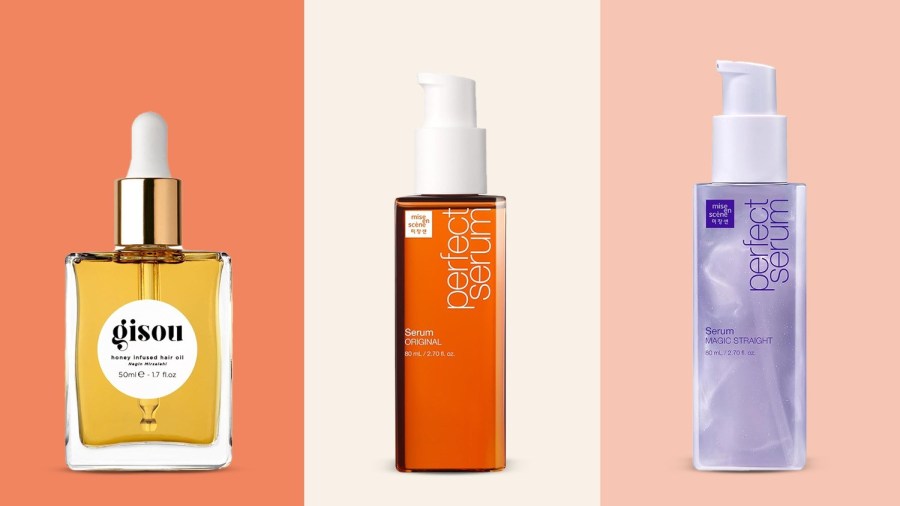Summary
Skincare experts break down what fulvic acid is and why this underrated ingredient might be the answer to your most stubborn skin concerns (were looking at you, acne).
Source: Forbes

AI News Q&A (Free Content)
Q1: What are the main benefits of using fulvic acid in skincare, and how does it compare to other common skincare ingredients?
A1: Fulvic acid offers a range of benefits for skincare, including strong antioxidant, anti-inflammatory, and astringent properties. It helps cleanse the skin of dead cells and debris, soothe inflammation, and support skin rejuvenation. Compared to ingredients like Vitamin C, fulvic acid is seen as a gentler alternative, especially for sensitive skin, due to its milder touch and anti-inflammatory properties. It is effective in calming breakouts and reducing redness in acne-prone skin, and is recommended for managing inflammatory skin conditions like eczema and psoriasis.
Q2: How does fulvic acid work to enhance the delivery of nutrients to skin cells?
A2: Fulvic acid enhances nutrient delivery to skin cells by improving cellular turnover and regeneration. It aids in replenishing moisture levels, restoring suppleness, and stimulating collagen production, which is beneficial for mature skin. Its versatility makes it suitable for various skin types, providing hydration and antioxidant protection while combating signs of aging.
Q3: What scientific evidence supports the use of fulvic acid in treating skin conditions such as eczema and psoriasis?
A3: Research from 2019 highlights fulvic acid's usefulness in managing inflammatory skin conditions like eczema and psoriasis due to its anti-inflammatory, antibacterial, and antifungal properties. These qualities help alleviate discomfort associated with these conditions, such as itchiness, cracking, and soreness.
Q4: What is the historical significance of fulvic acid, and how is it derived?
A4: Fulvic acid is part of humic substances, which are organic compounds formed during the long-term decomposition of biomass. It is soluble in water at any pH and is derived from sources like soil, peat, and aquatic sedimentary deposits. Historically, fulvic acid has been used for its therapeutic properties and is part of a continuum of humic molecules that include humic acid and humin.
Q5: What recent scholarly research highlights the potential applications of fulvic acid in skincare?
A5: A recent study published in 2024 investigated the antioxidant properties of freshwater sapropel extracts, which contain fulvic acid. The research demonstrated that these extracts have high antioxidant activity and promote cell growth, supporting the potential use of fulvic acid in skincare applications for its regenerative abilities.
Q6: How does fulvic acid compare to synthetic skincare ingredients, and what are the potential health implications?
A6: Fulvic acid is a natural compound that offers a safer alternative to synthetic skincare ingredients, which can sometimes be harmful. Unlike synthetic ingredients, fulvic acid provides antioxidant and anti-inflammatory benefits without adverse effects, making it a preferable choice for individuals with sensitive skin or those looking for organic skincare solutions.
Q7: Are there any other health benefits of fulvic acid beyond skincare?
A7: Beyond skincare, fulvic acid also offers health benefits such as improving brain health and protecting against cognitive impairment associated with neurodegenerative conditions like Alzheimer's disease. It has been used as a supplement to manage other inflammatory conditions, highlighting its broad therapeutic potential.
References:
- Unlocking the Therapeutic Potential of Freshwater Sapropel Extracts: In Vitro Analysis and Antioxidant Profiling for Skincare Applications.", "https://en.wikipedia.org/wiki/Humic_substance






